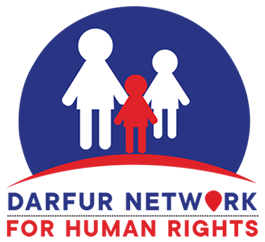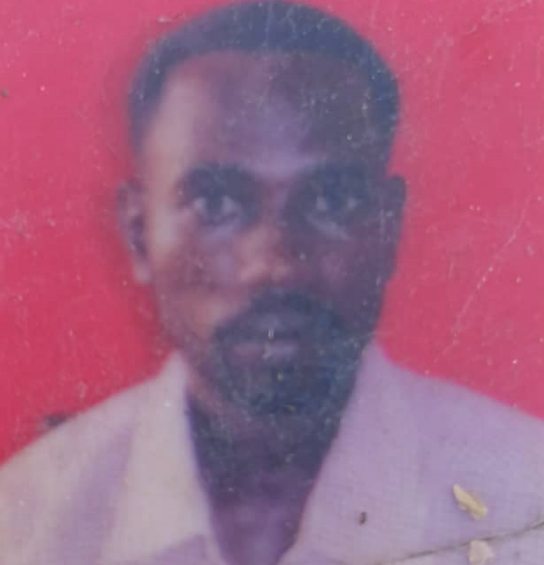Kalma IDP Camp in South Darfur is once again in the spotlight for tragic reasons. The brutal killing of Yusuf Yunus Ibrahim Mohammed, a 40-year-old internally displaced person, is a grim reminder of the dangers faced by those seeking refuge in the region. His death, marked by violence and systemic failures, highlights the challenges civilians endure in Darfur.
For years, Darfur has been gripped by conflict, forcing thousands to live in camps like Kalma. These camps offer little protection as violence continues unchecked. Internally displaced persons (IDPs) remain vulnerable, with threats ranging from militia attacks to extortion by corrupt authorities. Yusuf’s story is just one example of this ongoing crisis.
On December 10, 2024, Yusuf left his home in Center 7 of Kalma IDP Camp at 11:00 am. His destination was his farm in Labado Village, located in East Darfur’s Yassin locality. According to family members, he stopped in the Bileil area, southeast of Kalma Camp, at around 12:30 pm. He stayed there for nearly three hours before continuing his journey at 3:00 pm. Shortly after, all communication with his family ceased.
Concerned by his absence, Yusuf’s family waited anxiously for news. By December 14, they realized he had not reached his farm. They reported him missing to the RSF federal police in Bileil, hoping for assistance. However, the police demanded a 10,000 Sudanese pound fee to file the report and additional funds for fuel and petty cash to conduct a search. Lacking the resources to pay, the family turned to their community for help.
More than 30 residents of Kalma Camp joined the search effort. Despite their determination, most searchers returned home empty-handed after hours of searching. Five of Yusuf’s family members continued their quest, eventually arriving in the village of Um Dum. There, they met passersby who suggested following tracks left by a donkey-pulled karoo cart. These tracks led them to the valley of Minga near Um Zaifa village. It was there that they discovered Yusuf’s lifeless body.
The scene was horrifying. Yusuf’s body bore multiple gunshot wounds, including injuries to his chest and shoulder. His head and neck showed severe trauma from being struck with a stick. The family transported his body back to Kalma Camp in a rented tuk-tuk, burying him in the early hours of December 16, 2024.
This tragic case highlights the systemic barriers to justice faced by IDPs in Darfur. The RSF federal police’s demands for money reflect a broader pattern of corruption, where authorities prioritize profit over duty. Families like Yusuf’s often rely on their communities to seek missing loved ones, even when foul play is suspected.
Yusuf’s murder is part of a broader pattern of violence targeting IDPs in Darfur. Reports from human rights organizations detail widespread abuses, including killings, abductions, and looting. Armed groups often operate with impunity, exploiting weak governance and a lack of accountability. For displaced communities, this environment creates a perpetual cycle of fear and insecurity.
The brutal killing of Yusuf Yunus Ibrahim Mohammed highlights the urgent need for systemic change in Darfur. His story, though tragic, represents countless others who continue to suffer under similar circumstances. Addressing these challenges requires immediate action to protect vulnerable populations, restore accountability, and break the cycle of violence.

